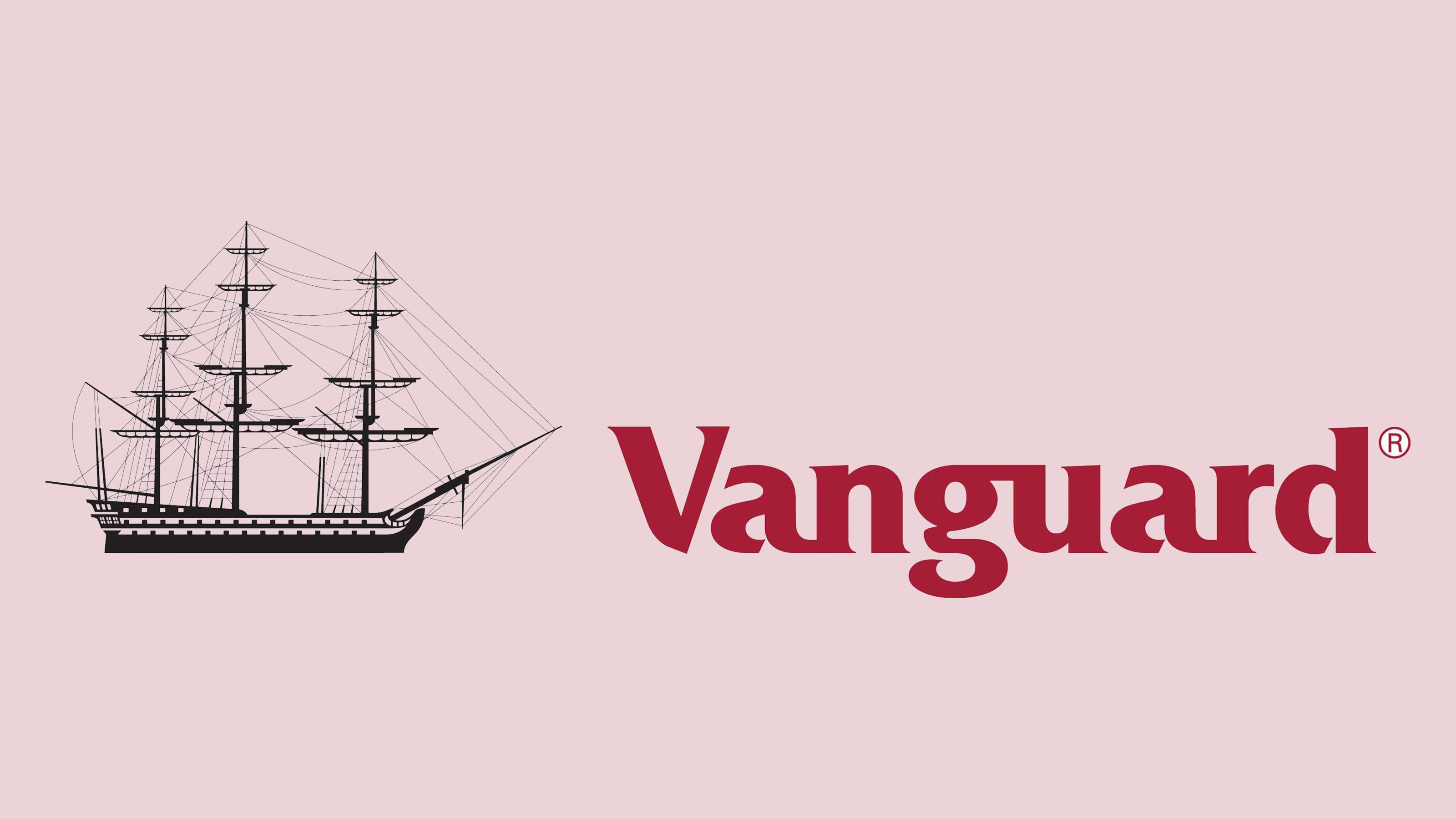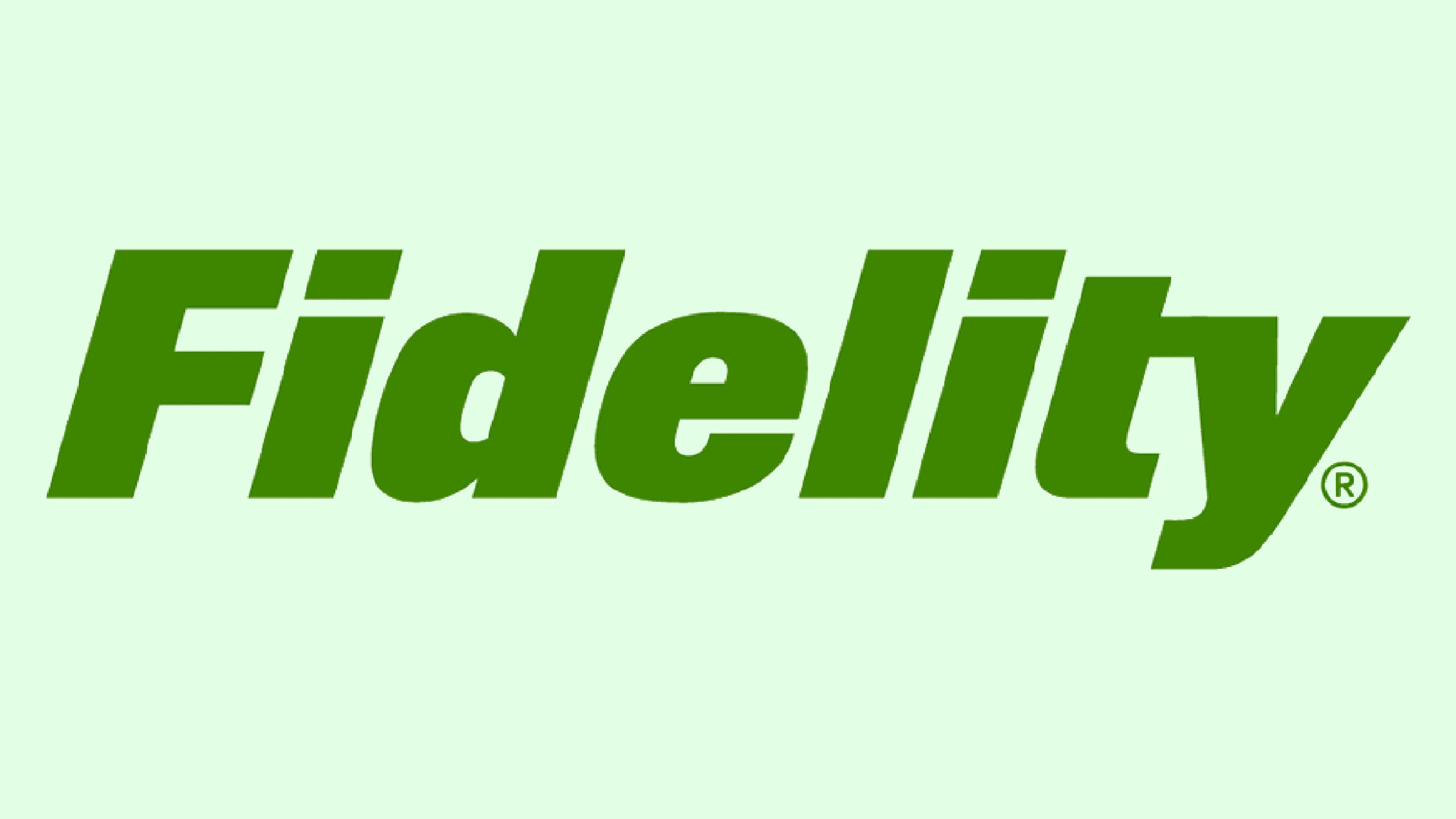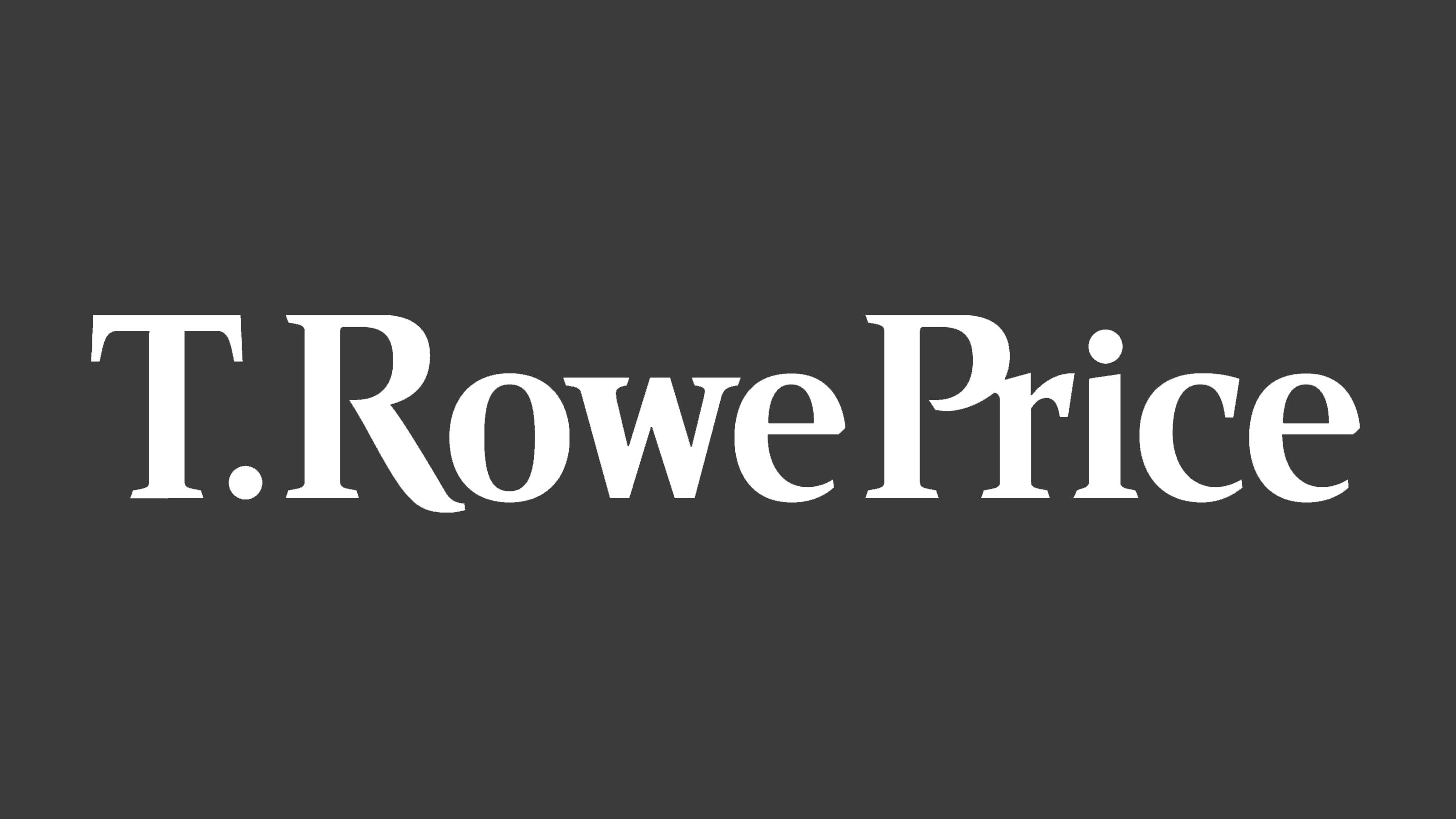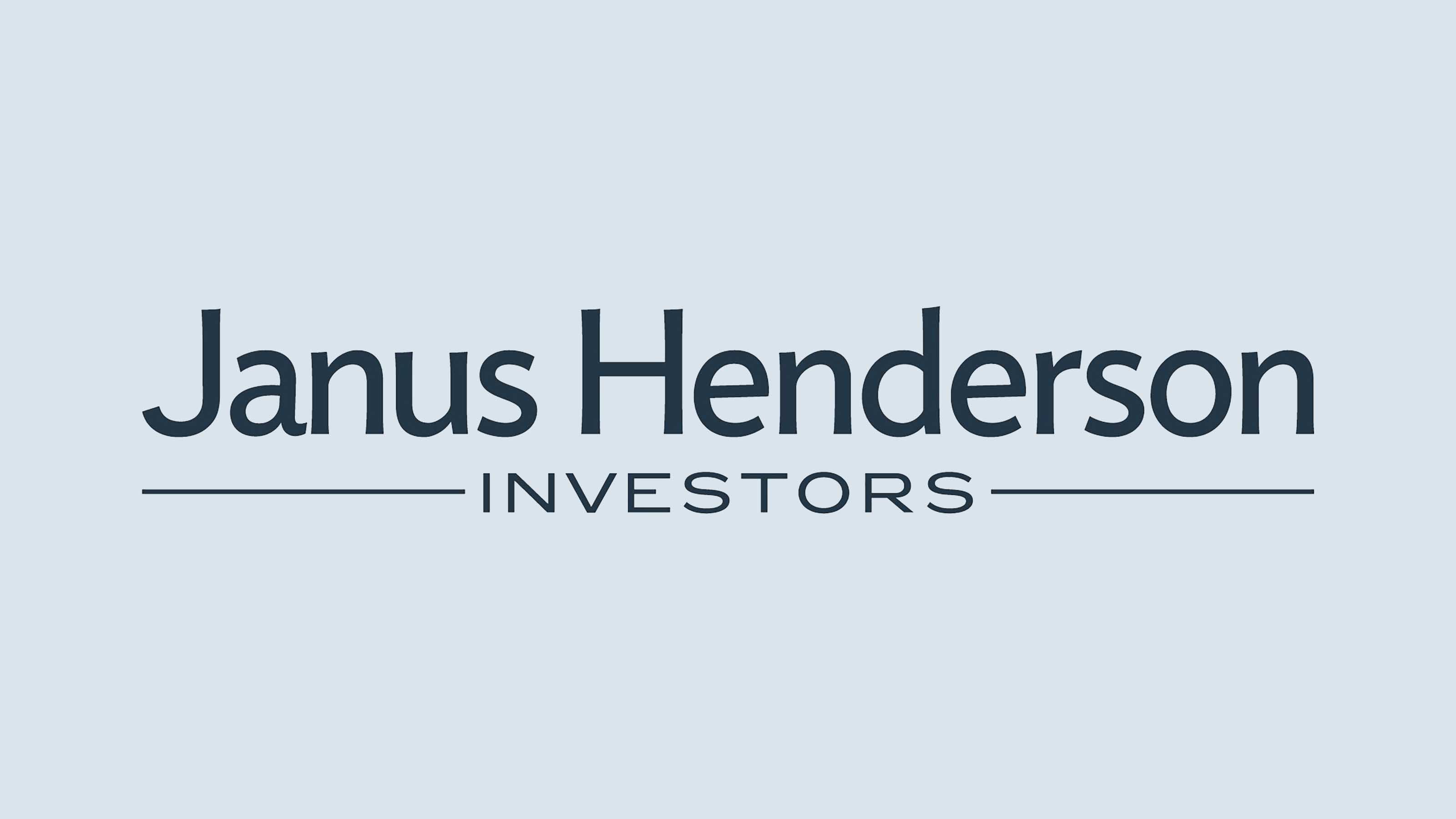5 Best Health Care Mutual Funds for the Long Run
These five health care mutual funds offer up a one-two punch of both defensive properties and an ability to run with the bulls.


Profit and prosper with the best of Kiplinger's advice on investing, taxes, retirement, personal finance and much more. Delivered daily. Enter your email in the box and click Sign Me Up.
You are now subscribed
Your newsletter sign-up was successful
Want to add more newsletters?

Delivered daily
Kiplinger Today
Profit and prosper with the best of Kiplinger's advice on investing, taxes, retirement, personal finance and much more delivered daily. Smart money moves start here.

Sent five days a week
Kiplinger A Step Ahead
Get practical help to make better financial decisions in your everyday life, from spending to savings on top deals.

Delivered daily
Kiplinger Closing Bell
Get today's biggest financial and investing headlines delivered to your inbox every day the U.S. stock market is open.

Sent twice a week
Kiplinger Adviser Intel
Financial pros across the country share best practices and fresh tactics to preserve and grow your wealth.

Delivered weekly
Kiplinger Tax Tips
Trim your federal and state tax bills with practical tax-planning and tax-cutting strategies.

Sent twice a week
Kiplinger Retirement Tips
Your twice-a-week guide to planning and enjoying a financially secure and richly rewarding retirement

Sent bimonthly.
Kiplinger Adviser Angle
Insights for advisers, wealth managers and other financial professionals.

Sent twice a week
Kiplinger Investing Weekly
Your twice-a-week roundup of promising stocks, funds, companies and industries you should consider, ones you should avoid, and why.

Sent weekly for six weeks
Kiplinger Invest for Retirement
Your step-by-step six-part series on how to invest for retirement, from devising a successful strategy to exactly which investments to choose.
It's difficult to get the best of both worlds in mutual funds. Some products might be great for opportunistically chasing growth but just as quickly peel back when investors go risk-off, for instance. Others might hold up well in pullbacks but fail to participate in broad-market rips.
Health care funds, however, can exhibit defensive characteristics and deliver market-beating performance over long bull stretches.
The defensive nature of health care stocks comes from the fact that consumers will generally continue to buy these goods and services that they need, no matter what the economy is doing. The long-term growth aspect is supported by the combination of an aging population and advances in medical science and technology.
For evidence of the short- and long-term dual play for health care funds, look no further than the actual numbers. For the year through Oct. 6, 2020 – a decidedly tumultuous period – the average health care mutual fund had outperformed the S&P 500, 10.9% to 5.5%. Over the past decade, meanwhile, health care funds have averaged 15.5% returns annually, which is more than 2 percentage points better than the broader market.
Where can you find this 1-2 sector punch? Read on as we examine five of the best health care mutual funds for the long run.
Data is as of Oct. 6. Yields represent the trailing 12-month yield, which is a standard measure for equity funds.

Vanguard Health Care Fund Investor
- Assets under management: $48.7 billion
- Dividend yield: 1.0%
- Expenses: 0.32%
Let's start with Vanguard Health Care Fund Investor (VGHCX, $218.07), a straightforward but strong choice for investors wanting low expenses, low turnover and below-average risk compared to other health-care funds.
Vanguard Health Care takes a broad approach to health care, investing in various sectors both in the U.S. and abroad. Pharmaceutical stocks make up the biggest chunk of the portfolio at 40% of assets, but VGHCX investors are also exposed to biotech, health care equipment, health insurers and several other industries. Also, a good third of the portfolio is in international stocks.
This blend is well-evidenced in its top 10 holdings, which include the likes of America's UnitedHealth (UNH) and Pfizer (PFE), as well as the U.K.'s AstraZeneca (AZN) and Switzerland's Novartis (NVS).
One caveat for this health care fund is the buy-and-hold approach from Wellington Management, VGHCX's fund advisor. The approach tends to produce average returns compared to its peers. But it does so with a below-average risk profile, and remember: The category average still beats the S&P 500, which is a key goal when you're investing in sector funds.
Consider that VGHCX's 10-year average annual return of 14.9% is about 60 basis points lower than the category average (a basis point is one one-hundredth of a percent). But that's still better than the S&P 500's 13.6% average, and it has come with less volatility.

Fidelity Select Health Care Portfolio
- Assets under management: $9.2 billion
- Dividend yield: 0.3%
- Expenses: 0.70%
Fidelity Select Health Care Portfolio (FSPHX, $32.09) is a slight shift from VGHCX, in that it dials up the risk but also produces better returns.
Fund manager Eddie Yoon has been at the helm of FSPHX since 2008; this tenure gives him complete credit for the outstanding 10-year annualized return of 19.2%. His is a three-part strategy that involves investing a heavy chunk of assets into steadily growing companies, then bolstering growth with biotechs as well as other fast-growing firms.
At the moment, this Kip 25 fund boasts 20%-plus allocations to health care equipment, biotechnology and pharmaceuticals, with another heavy slug (19%) in health insurance. The fund is filled out with life sciences, health-care tech and even software companies. You also get some international diversification at about 20% of assets. UnitedHealth, Switzerland's Roche Holding (RHHBY) and COVID play Regeneron (REGN) are all major players in this portfolio.
You'd think the aggressive stance would put Fidelity Select Health Care investors in considerable risk, but Morningstar says risk is about on par with the category average. That's a great tradeoff considering the performance of this Fidelity mutual fund beats at least 80% of health care mutual funds in every significant time frame.
Note: PRHSX's status is "restricted." The fund is open to new investors, but you'll have to buy shares either directly from T. Rowe Price or through financial intermediaries with an existing position.

T. Rowe Price Health Sciences
- Assets under management: $15.5 billion
- Dividend yield: 0.1%
- Expenses: 0.76%
T. Rowe Price Health Sciences (PRHSX, $94.41) has consistently outperformed its category peers in part because it's not afraid to overweight more aggressive areas of the health care sector.
PRHSX divides the health care sector into five main areas: pharmaceuticals, biotechnology, life sciences, services, and product and device providers. Allocation across these main areas will vary depending upon the potential that management sees with each respective area.
Health Sciences' management has its biggest chunk of assets (35%) dedicated to biotechs – the highest-risk, highest-reward segment of health care. The rest of the portfolio is split into 12%-20% chunks across the other four industries mentioned here. Top holdings are heavy in large caps: UnitedHealth, Intuitive Surgical (ISRG) and Vertex Pharmaceuticals (VRTX) represent some of the health care fund's biggest weights.
PRHSX is a well-above-average fund in most short-term time periods, but it has really shone in the long term. It beats 99% of its peers in the trailing 10- and 15-year periods, with 20.1% and 15.7% average annual returns, respectively.
Note that PRHSX is open to new investors but you'll have to buy shares either directly from T. Rowe Price or through financial intermediaries with an existing funded position.

Janus Henderson Global Life Sciences T
- Assets under management: $4.4 billion
- Dividend yield: 0.63%
- Expenses: 0.92%
While Janus Henderson Global Life Sciences T (JAGLX, $67.45) might sound like a fund focused specifically on one corner of the health care sector, it actually provides another means of broad access to several industries.
The JAGLX portfolio consists of companies that the fund management believes can address "unmet medical needs or improving efficiencies." In translation, shareholders of JAGLX get a healthy dose of pharmaceutical companies, biotech firms and medical device companies, including top holdings such as Merck (MRK), AbbVie (ABBV) – both Dividend Aristocrats – and Boston Scientific (BSX).
But biotech is the key to performance here, writes portfolio manager Andy Acker.
"We believe biotech's innovation will only accelerate from here, creating opportunities for investors who can identify the most promising drug developments," he says. "When we look at the Global Life Science Fund's cumulative 10-year return, we see that our positioning in biotechnology has been a key driver of outperformance."
This is a decidedly large-cap fund, with some 40% of the portfolio invested in companies larger than $100 billion. It's also heavily U.S. but with some (20%) international exposure.
From a performance standpoint, JAGLX offers the 1-2 punch that health care mutual fund investors are looking for, with an average risk profile but above-average returns in most time frames.
Learn more about JAGLX at the Janus Henderson provider site.

Fidelity Select Medical Technology and Devices Portfolio
- Assets under management: $7.3 billion
- Dividend yield: 0.0%
- Expenses: 0.71%
Fidelity Select Medical Technology and Devices Portfolio (FSMEX, $69.52) isn't a sector fund, but instead an industry fund. In short, it focuses on companies dealing in medical equipment and devices (and related technologies), and doing so has helped it produce category-beating returns for some time.
Specifically, some 60% of the fund's assets is invested in health care equipment firms, while another 19% goes toward life sciences tools and services. The rest of the assets are sprinkled among insurers, health care tech, health care supplies and other industries. Top holdings include the likes of Thermo Fisher Scientific (TMO), Becton Dickinson (BDX) and Danaher (DHR).
This is a considerably more concentrated fund, at 47 holdings versus FSPHX's 88, but it still manages to tamp down risk, which Morningstar calls average.
From a performance standpoint, FSMEX has long been one of the best health care mutual funds you can buy. While Fidelity Select Medical Technology and Devices is better than a respectable 36% of its peers over the 52 weeks, at 32% returns, it's in the 90th percentile for all other longer-term time frames.
Learn more about FSMEX at the Fidelity provider site.
Kent Thune held PRHSX and VGHCX in some client accounts as of this writing. This article is for information purposes only, thus under no circumstances does this information represent a specific recommendation to buy or sell securities.
Profit and prosper with the best of Kiplinger's advice on investing, taxes, retirement, personal finance and much more. Delivered daily. Enter your email in the box and click Sign Me Up.

Kent Thune, CFP, is a financial professional that helps individuals and businesses achieve their goals through a variety of delivery methods, including investment advice, financial planning and writing.
-
 Dow Adds 1,206 Points to Top 50,000: Stock Market Today
Dow Adds 1,206 Points to Top 50,000: Stock Market TodayThe S&P 500 and Nasdaq also had strong finishes to a volatile week, with beaten-down tech stocks outperforming.
-
 Ask the Tax Editor: Federal Income Tax Deductions
Ask the Tax Editor: Federal Income Tax DeductionsAsk the Editor In this week's Ask the Editor Q&A, Joy Taylor answers questions on federal income tax deductions
-
 States With No-Fault Car Insurance Laws (and How No-Fault Car Insurance Works)
States With No-Fault Car Insurance Laws (and How No-Fault Car Insurance Works)A breakdown of the confusing rules around no-fault car insurance in every state where it exists.
-
 Dow Adds 1,206 Points to Top 50,000: Stock Market Today
Dow Adds 1,206 Points to Top 50,000: Stock Market TodayThe S&P 500 and Nasdaq also had strong finishes to a volatile week, with beaten-down tech stocks outperforming.
-
 Stocks Sink With Alphabet, Bitcoin: Stock Market Today
Stocks Sink With Alphabet, Bitcoin: Stock Market TodayA dismal round of jobs data did little to lift sentiment on Thursday.
-
 Dow Leads in Mixed Session on Amgen Earnings: Stock Market Today
Dow Leads in Mixed Session on Amgen Earnings: Stock Market TodayThe rest of Wall Street struggled as Advanced Micro Devices earnings caused a chip-stock sell-off.
-
 Nasdaq Slides 1.4% on Big Tech Questions: Stock Market Today
Nasdaq Slides 1.4% on Big Tech Questions: Stock Market TodayPalantir Technologies proves at least one publicly traded company can spend a lot of money on AI and make a lot of money on AI.
-
 Fed Vibes Lift Stocks, Dow Up 515 Points: Stock Market Today
Fed Vibes Lift Stocks, Dow Up 515 Points: Stock Market TodayIncoming economic data, including the January jobs report, has been delayed again by another federal government shutdown.
-
 Stocks Close Down as Gold, Silver Spiral: Stock Market Today
Stocks Close Down as Gold, Silver Spiral: Stock Market TodayA "long-overdue correction" temporarily halted a massive rally in gold and silver, while the Dow took a hit from negative reactions to blue-chip earnings.
-
 Nasdaq Drops 172 Points on MSFT AI Spend: Stock Market Today
Nasdaq Drops 172 Points on MSFT AI Spend: Stock Market TodayMicrosoft, Meta Platforms and a mid-cap energy stock have a lot to say about the state of the AI revolution today.
-
 S&P 500 Tops 7,000, Fed Pauses Rate Cuts: Stock Market Today
S&P 500 Tops 7,000, Fed Pauses Rate Cuts: Stock Market TodayInvestors, traders and speculators will probably have to wait until after Jerome Powell steps down for the next Fed rate cut.
